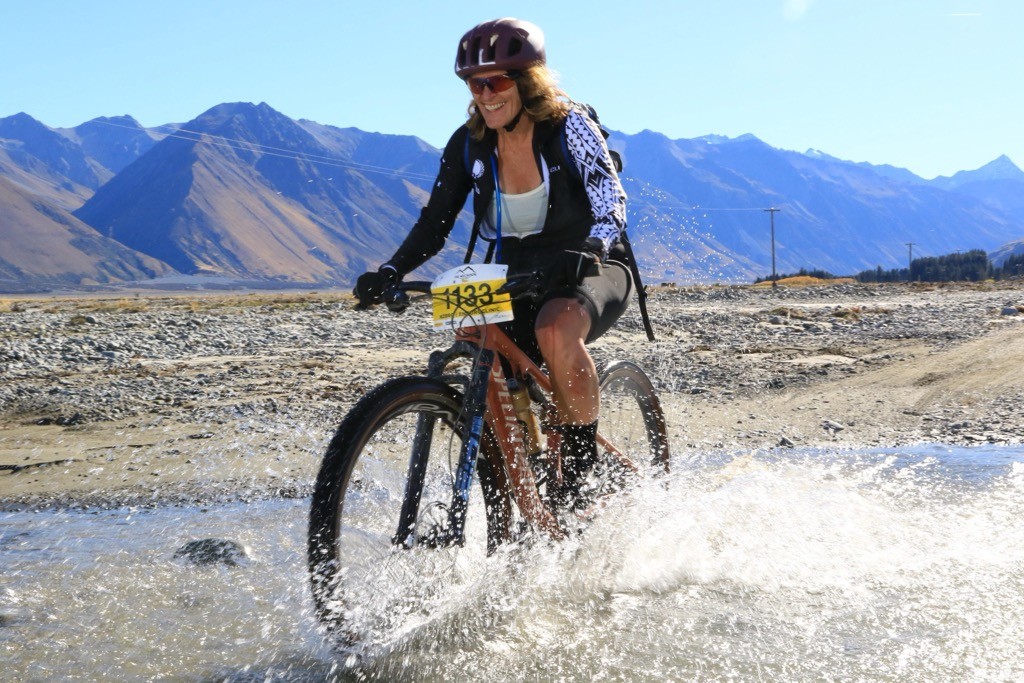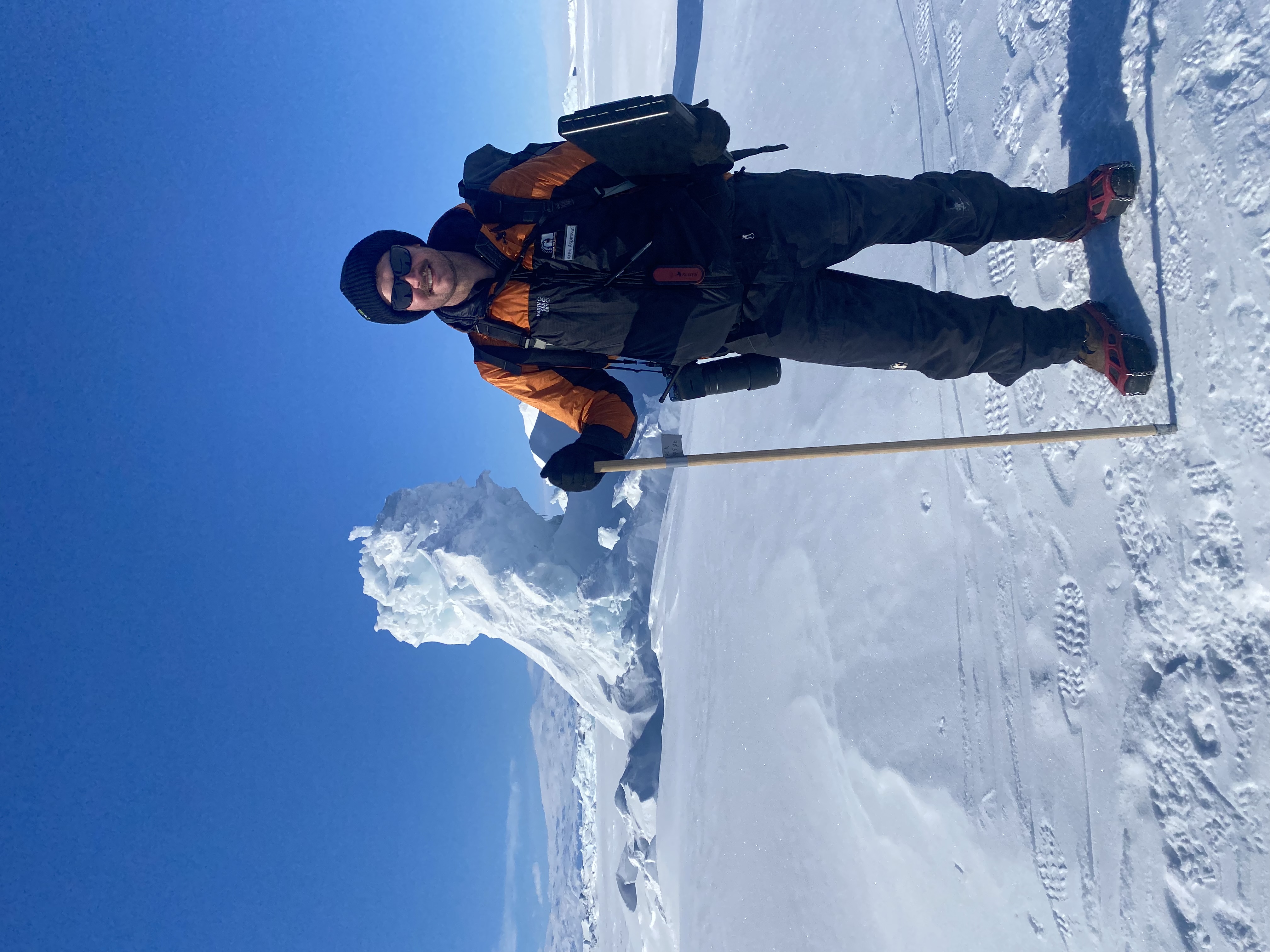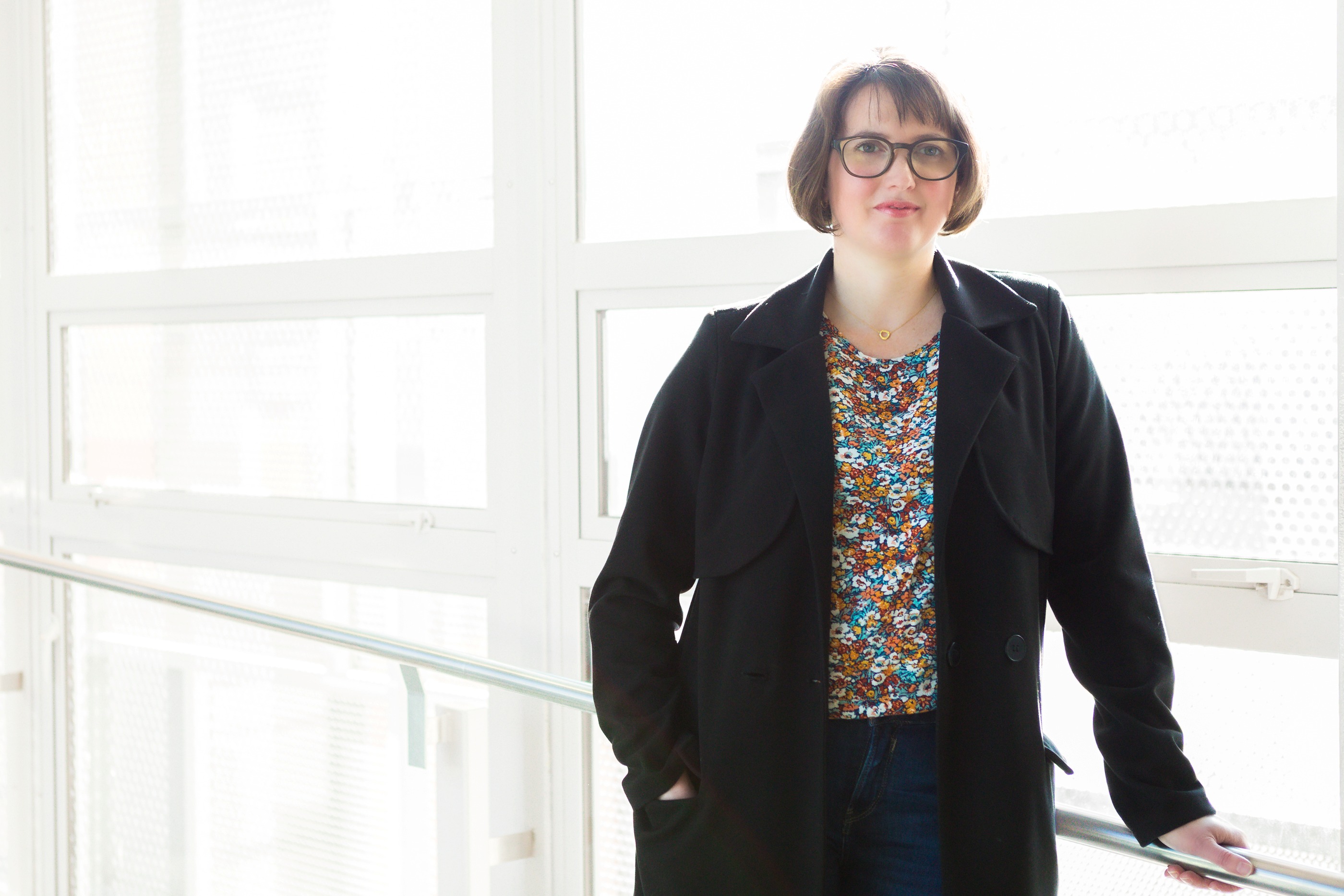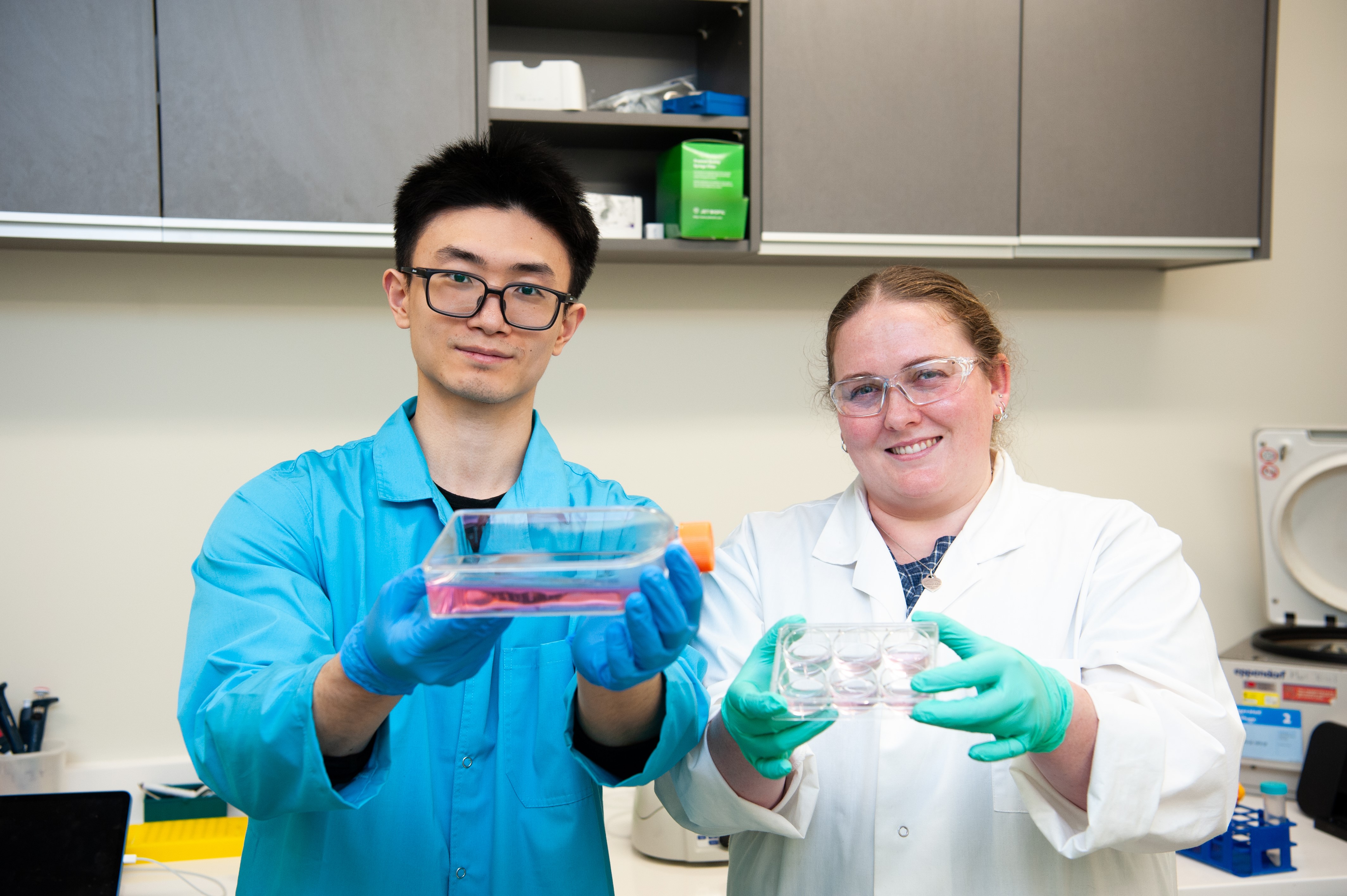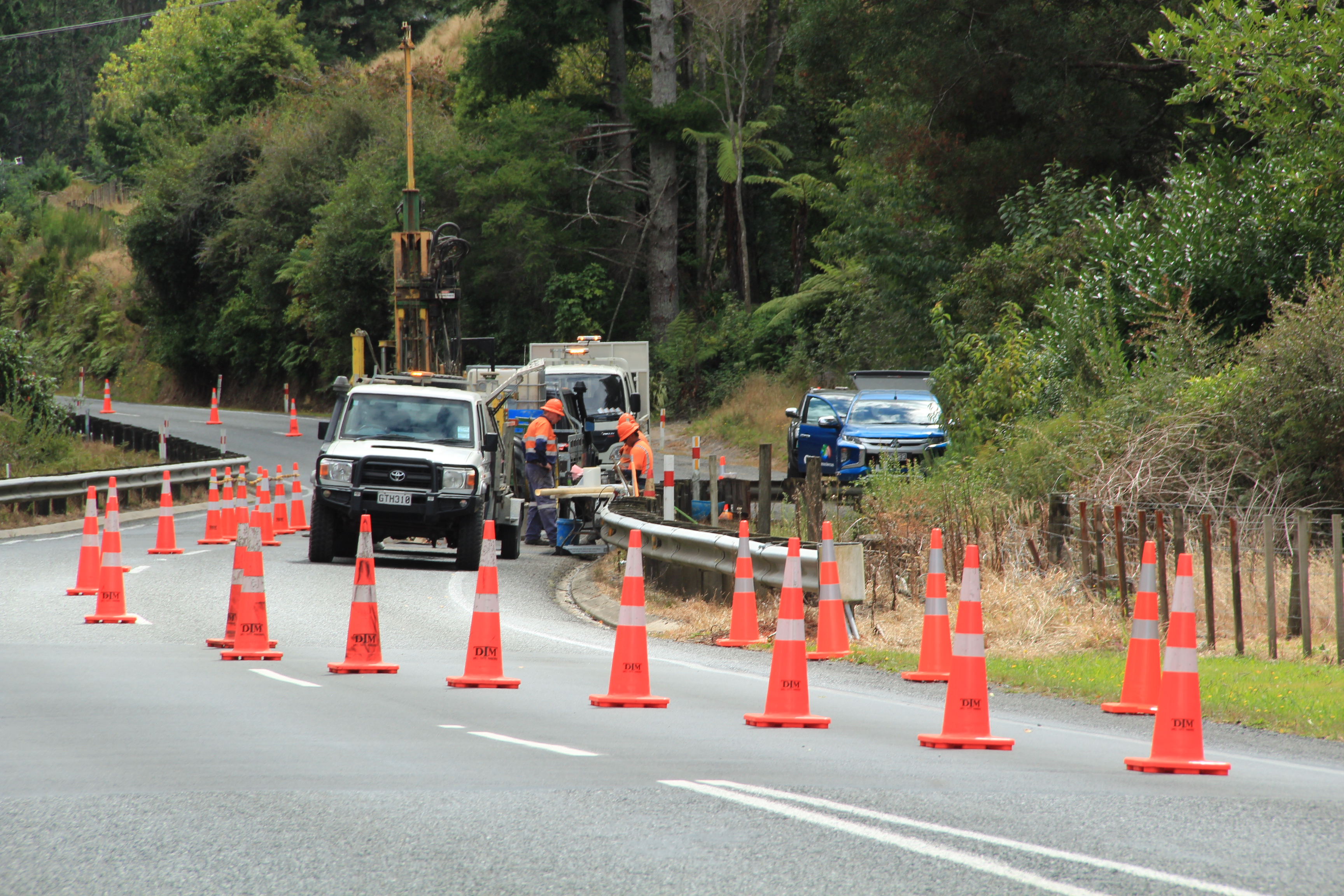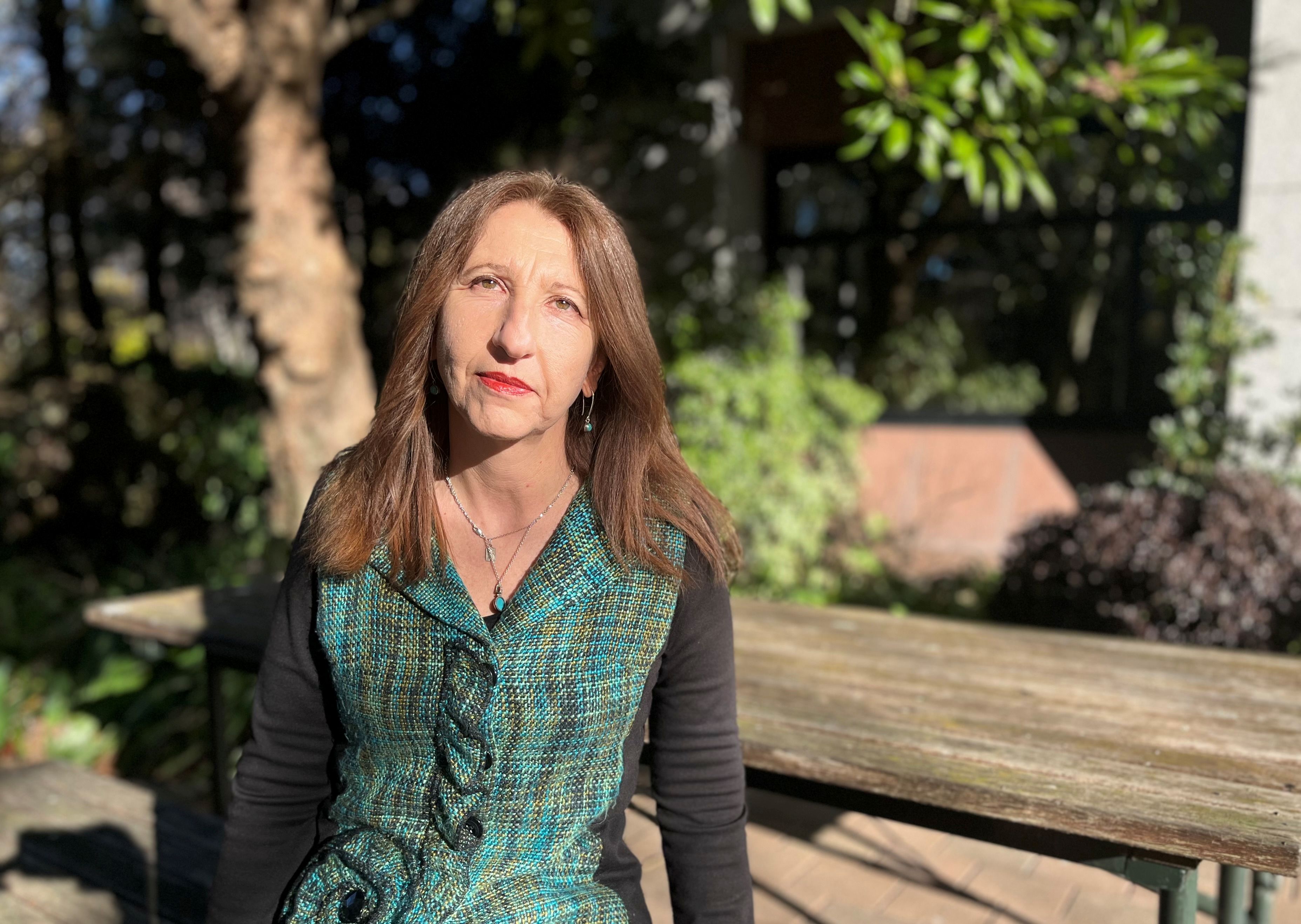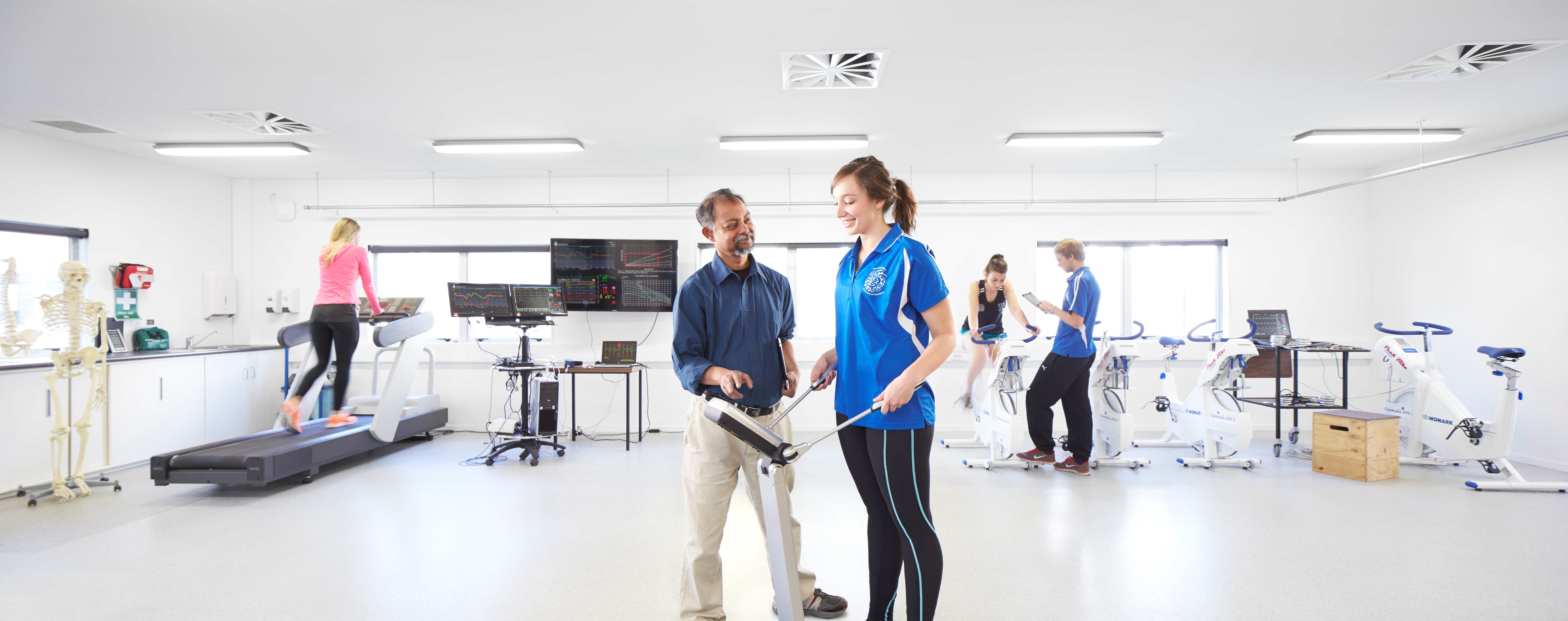Photo caption: Left to right: Dr Matthew Cowan (Senior Lecturer), Shallu Verma (PhD Student), Siale Faitotonu (Technical Officer), Garrick Thorn (Operations Engineer), Ashalyna Noa (Pacific Academic Lead), and Christina Howat (PhD Student).
Te Whare Wānanga o Waitaha | University of Canterbury (UC) Chemical and Process Engineering Senior Lecturer Dr Matthew Cowan was awarded a Curious Minds grant earlier this year to develop innovative learning resources for high school students. He and his team have now completed the first of two planned modules, Pacific H2O, which offers high school students around the world an engaging exploration of water treatment within Pacific Island contexts.
The module, which is available for free to high schools thanks to Curious Minds funding, has been designed with teachers for in-class delivery and provides a dynamic learning experience through activities such as mind-mapping, embodying various STEM (science, technology, engineering and maths) roles, and conducting a choose-your-own-adventure chemistry lab. A follow-up release is currently underway to include a New Zealand Sign Language glossary to supplement this and future modules.
“Science and engineering are the root of society’s health, wealth, and wellbeing. These modules are about empowering students from all backgrounds to see that they can become a STEM professional and realise the impact they’ll be able to have on society and the environment,” Dr Cowan says.
Throughout the programme, students encounter Pacific languages, proverbs, and STEM solutions that deepen their understanding and appreciation of water management.
“Our development team included teachers from across the Pacific, along with engineers, cultural experts, artists, and STEM professionals to help students understand how science, engineering, culture, and human factors combine into their solution,” Dr Cowan says.
Pacific H2O builds on a foundational module “Colourful Solutions” developed by Dr Cowan in 2023, which introduced basic chemical engineering and chemistry concepts. This initial project was co-created with the guidance of a Māori adviser, ensuring cultural appropriateness and fostering authentic engagement with te ao Māori. Feedback from educators has been overwhelmingly positive, highlighting the module’s success in integrating Māori perspectives and enhancing student engagement. The team are building on this for future material.
UC Faculty of Engineering Executive Dean Professor Saurabh Sinha says the new module exemplifies UC’s commitment to contributing to secondary school education by combining engineering principles with Pacific cultural insights. “By highlighting the practical impact of engineering on real-world problems and communities, Dr Cowan’s work not only enriches the educational experience but also promotes a deeper understanding of how STEM can address global challenges,” he says.
“The Pacific H2O module represents a significant advancement in educational resources, reflecting UC’s dedication to innovative teaching that includes cultural and scientific knowledge.”
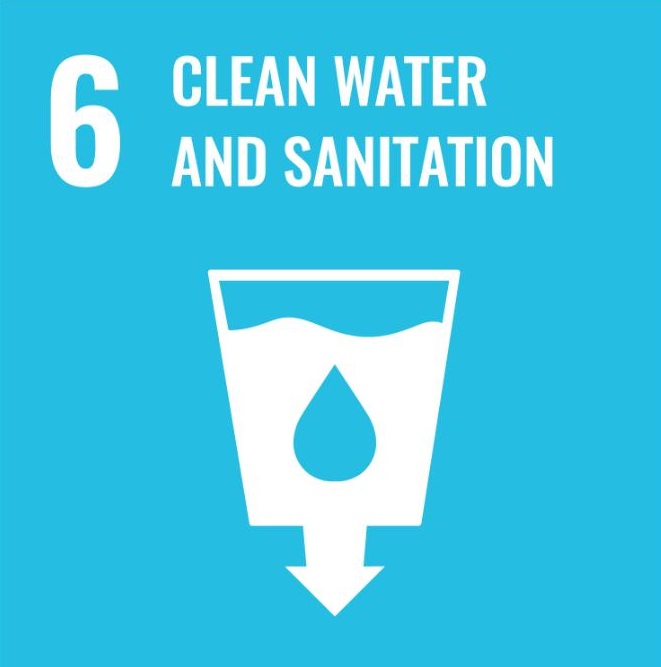 Sustainable Development Goal (SDG) 6 - Clean water and sanitation.
Sustainable Development Goal (SDG) 6 - Clean water and sanitation.


.jpg)
